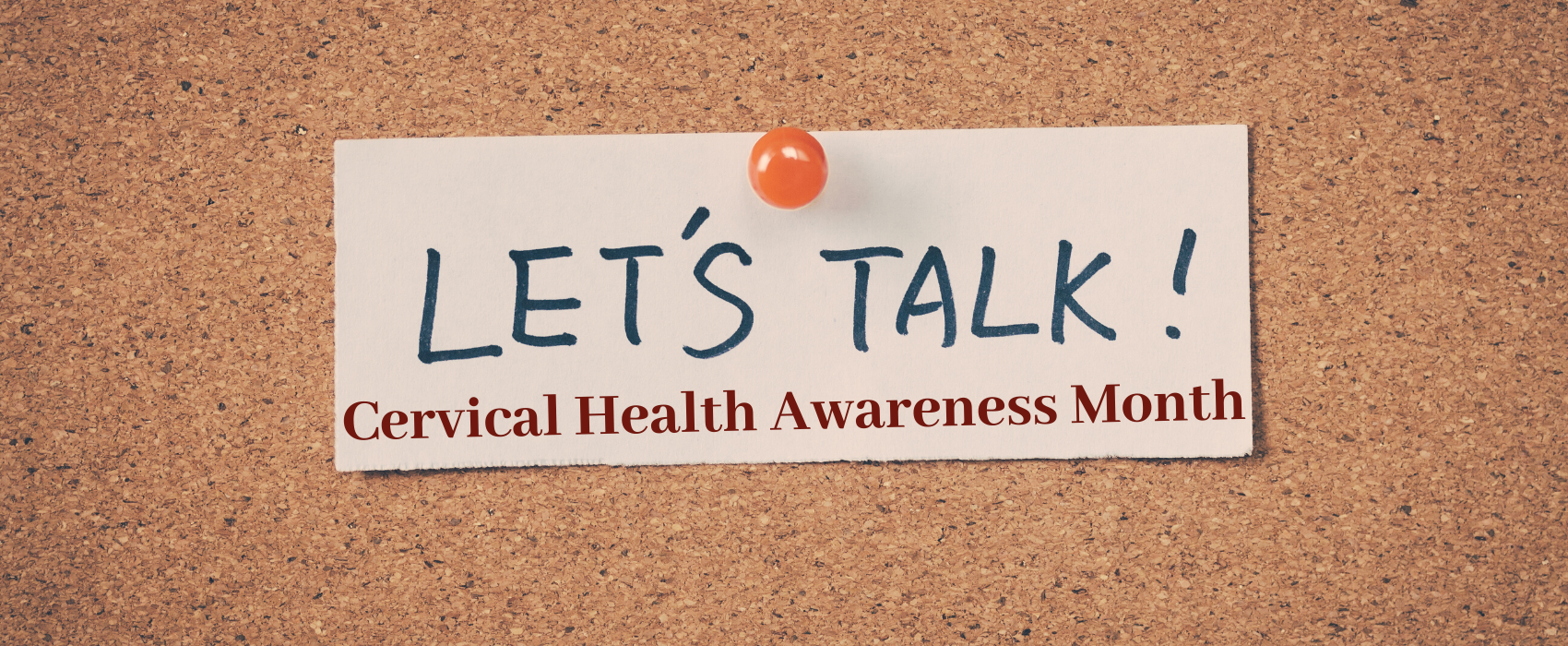Cervical Health.
Most people would rather shy away from talking about it. But just as any other aspect of health, it is important!
Without routine screenings, cervical cancer can go undetected.
HPV (human papillomavirus) is a very common infection that spreads through sexual activity, and it causes almost all cases of cervical cancer. At any given time, 79 million Americans have HPV, but many people with HPV don’t know they are infected. Yearly, 13,000 HPV cases in women will turn into cervical cancer.
The good news? District Health Department #10 (DHD#10) wants you to know there’s a lot you can do to prevent cervical cancer.
- Seek out regular screening tests and follow-up care.
- Cervical cancer can often be prevented with regular screening tests and follow-up care.
- Women- receive routine Pap tests beginning at age 21.
- Talk with your health care provider about any concerns.
- Get the conversation started, make it a priority.
- Elect to have yourself or your child receive the HPV vaccine.
- Ideally, pre-teens should receive the vaccine by age 11 or 12. However, the vaccine can be administered up to age 26 in men and women.
Don’t let the cost of the HPV vaccine prevent you from receiving the vaccination.
DHD#10 can bill most insurances to cover the cost of vaccination, and for those with limited or no insurance DHD#10 uses a sliding-fee scale to help cover the cost of vaccine administration.
DHD#10 also offers a Breast and Cervical Screening Program (BCCCNP) to women up to age 64, regardless of insurance status. This program can assist women with clinical breast exams, pap smears, pelvic exams, cervical cancer screenings or screening mammograms (must be 40 or older for screening mammogram).
Call 888-217-3904, option #2 to make an appointment at your local DHD#10 office.
Quick Links:
DHD- Breast and Cervical Program
BCCCNP Homepage
Center for Disease Control- Cervical Cancer Awareness
American Cancer Society- Cervical Health Awareness Month


